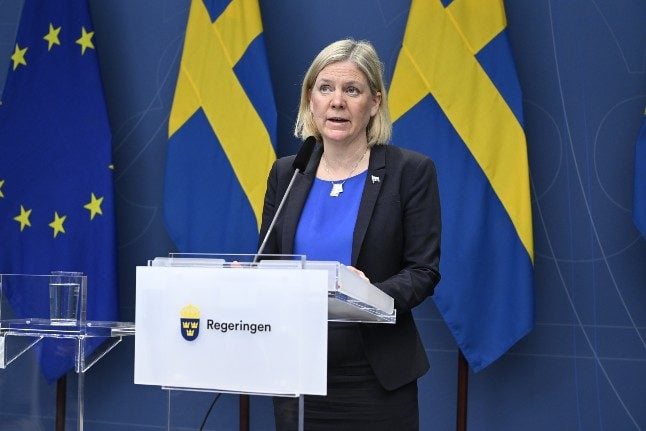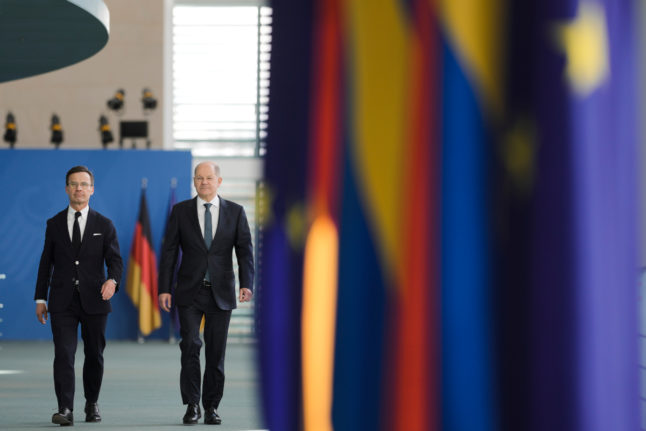Ahead of a summit of EU leaders in Versailles on Thursday and Friday, the two countries wrote a joint letter to “remind the other member states about the EU’s declaration of solidarity in the Lisbon Treaty”, Prime Minister Magdalena Andersson told reporters.
The clause in Article 42 of the 2009 Treaty requires “other EU countries to come to the support and aid, with all possible means, of a member state under armed attack”, she said.
The exact nature of the EU’s military solidarity — which is similar to, and more recent than, Nato’s Article 5 — remains vague. Whether it is mandatory is a subject of debate.
Russia’s invasion of Ukraine has raised concerns in Finland, which shares a border with Russia, and in Sweden. The two countries are officially non-aligned, although both have been Nato partners since the mid-1990s and turned the page on their neutrality at the end of the Cold War.
Both Sweden and Finland have ruled out applying for Nato membership for now, though parliamentary discussions have begun in Helsinki.
“A [Swedish] Nato application now would destabilise this part of Europe even further,” Andersson said Tuesday. Finnish President Sauli Niinisto visited US President Joe Biden in Washington for talks at the weekend, where the US, Finland and Sweden agreed to increase their security cooperation.
The US would likely support the two Nordic countries if they were attacked, most analysts predict, though no formal guarantees have been signed.
Since the Russian invasion of Ukraine on February 24, Swedish and Finnish support for joining Nato has soared.
Both countries now have a majority in favour of joining the alliance, according to recent opinion polls. But Nato membership would infuriate Moscow, which is opposed to an expansion of the alliance in its vicinity.
During a visit to Finland in early February, European Commission President Ursula von der Leyen recalled the existence of the EU’s mutual defence clause, stressing the body’s “complete solidarity”.



 Please whitelist us to continue reading.
Please whitelist us to continue reading.
What Andersson really meant, but couldn’t say, was that applying for NATO-membership would destabilise the left flank of her political party, the Social Democrats, and her government. It was almost embarrassing to watch her squirming and wriggling during her press conference this afternoon (Wednesday) when she was repeatedly asked about ‘destabilisation’ by the journalists present.